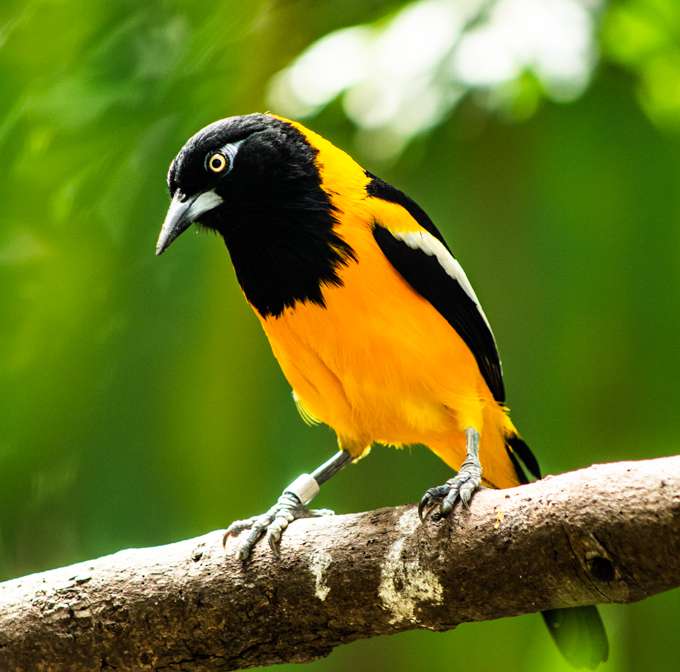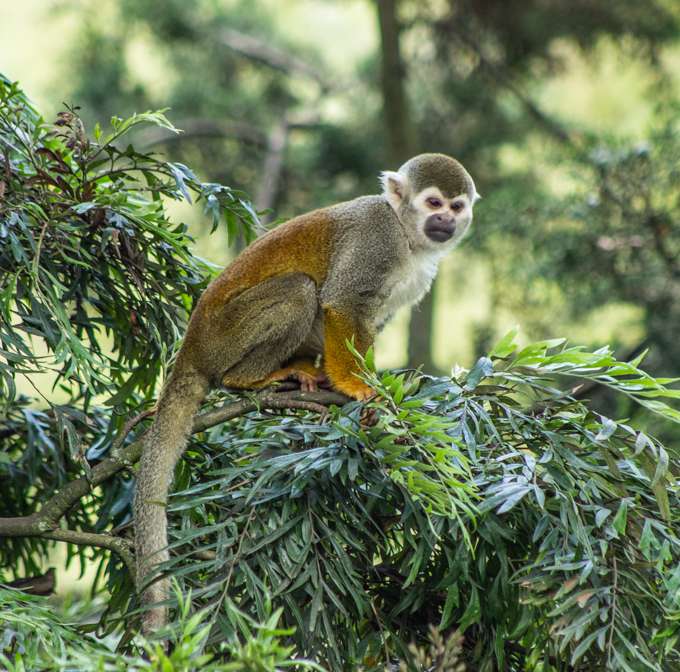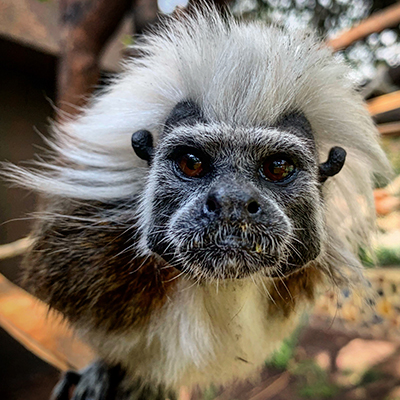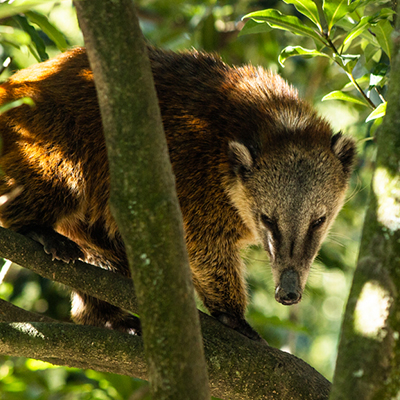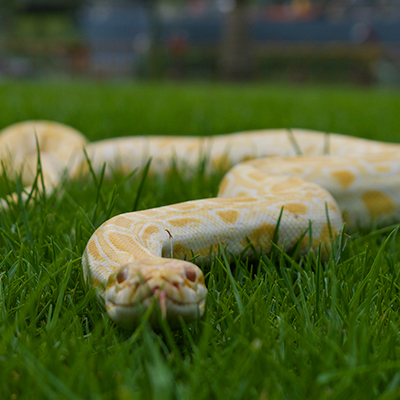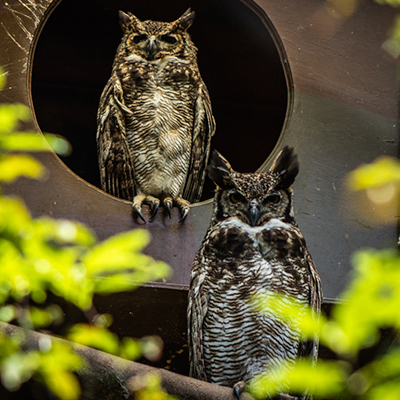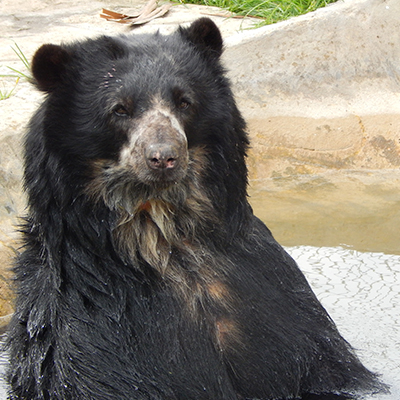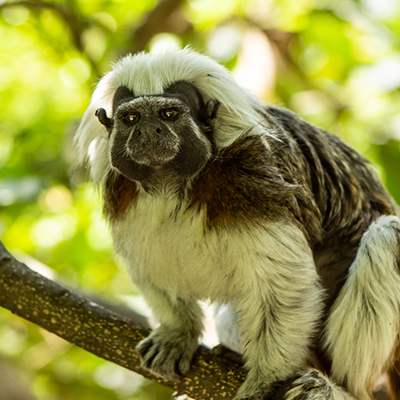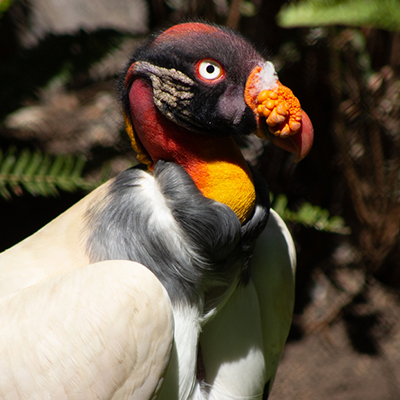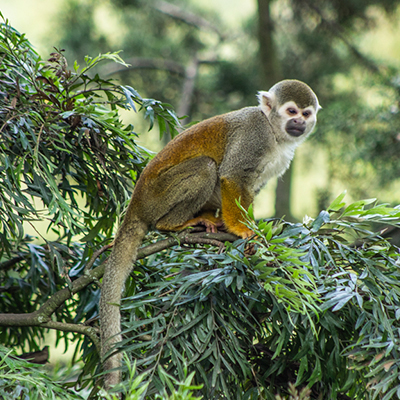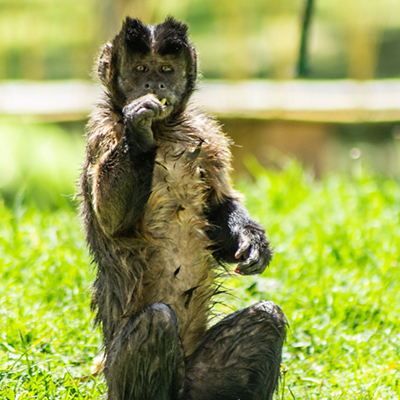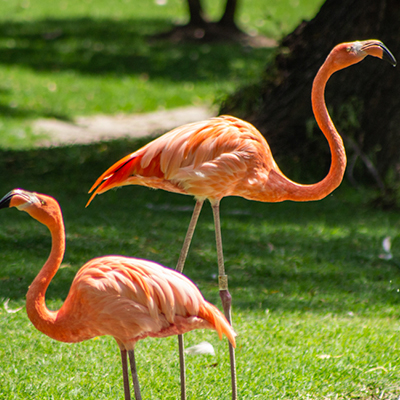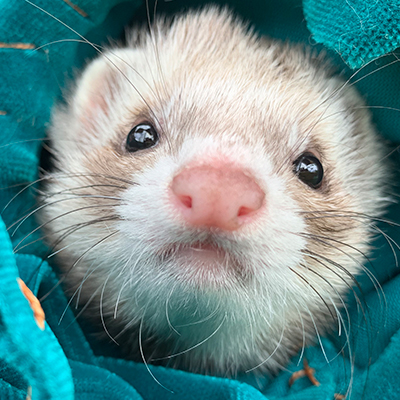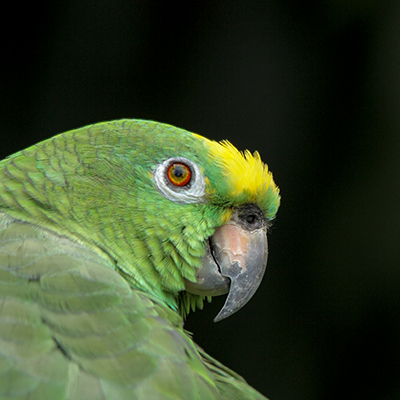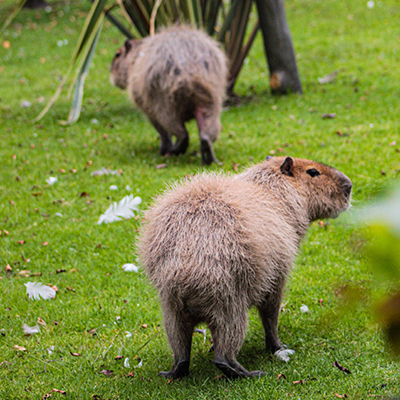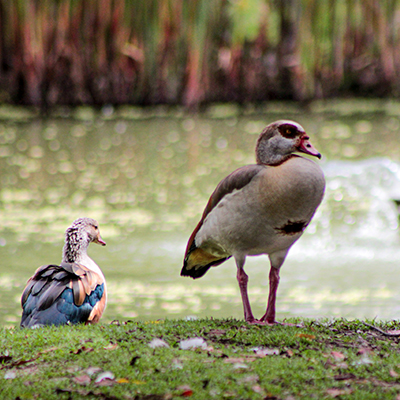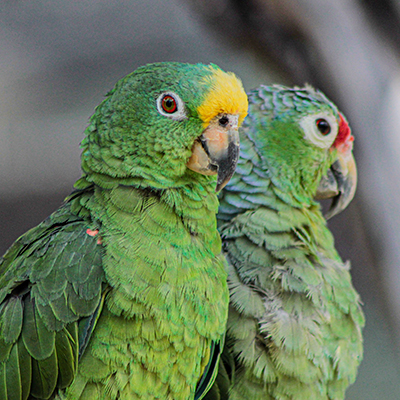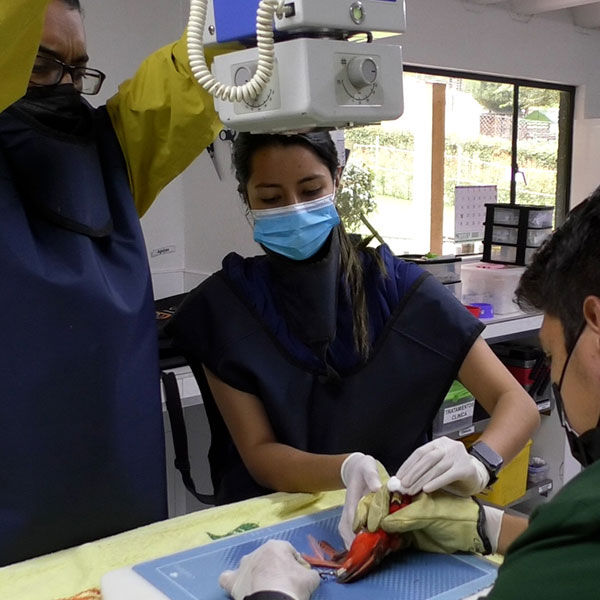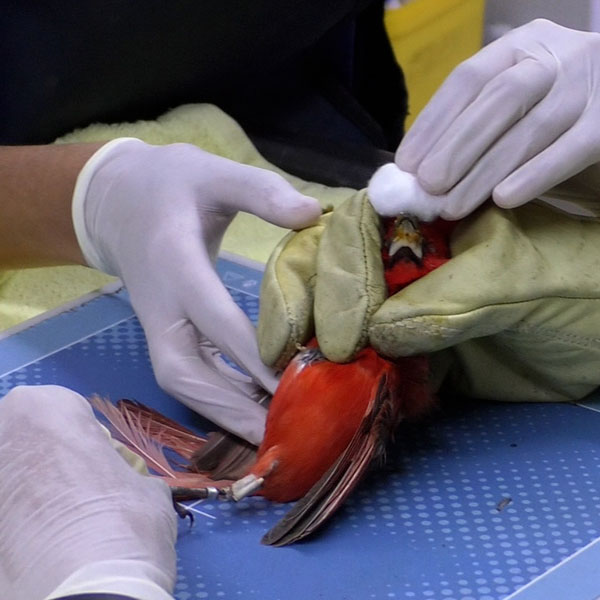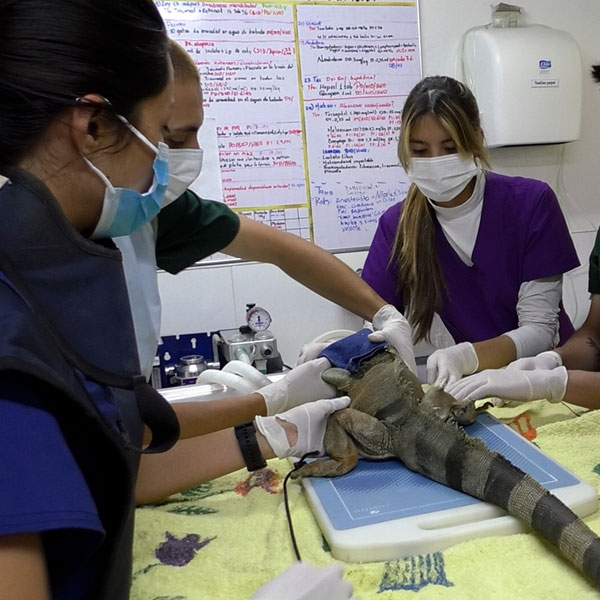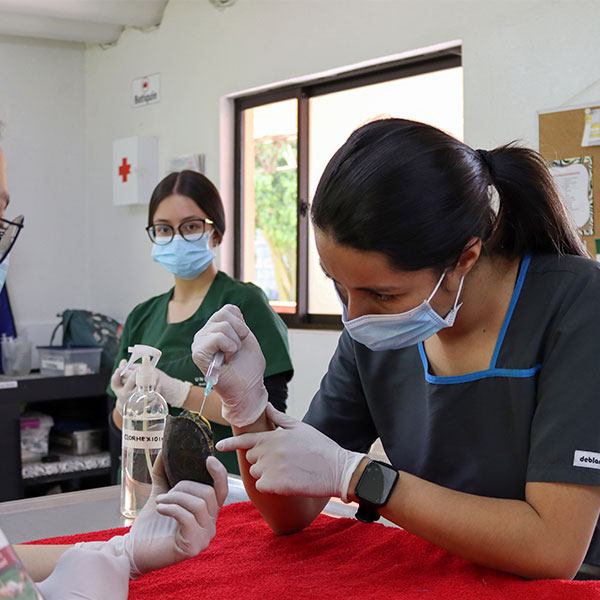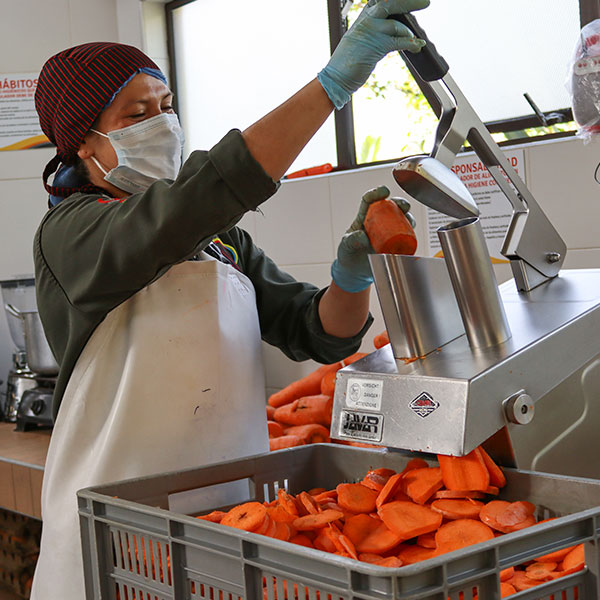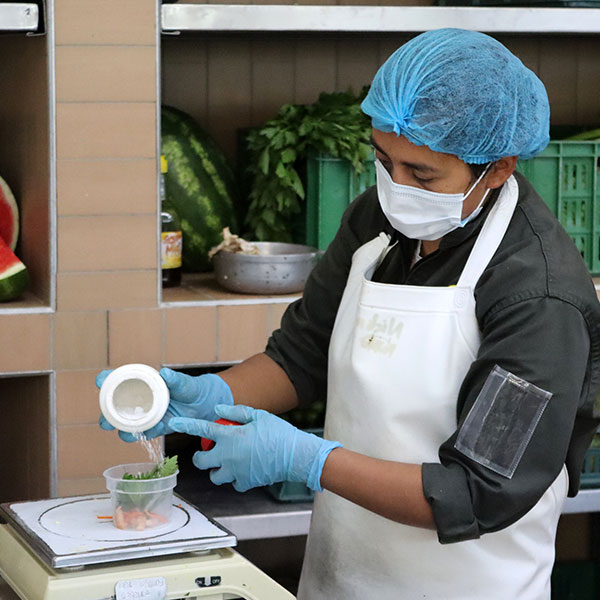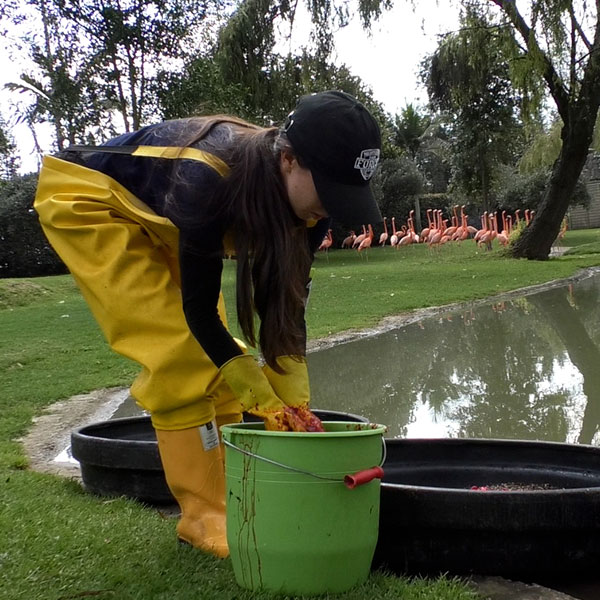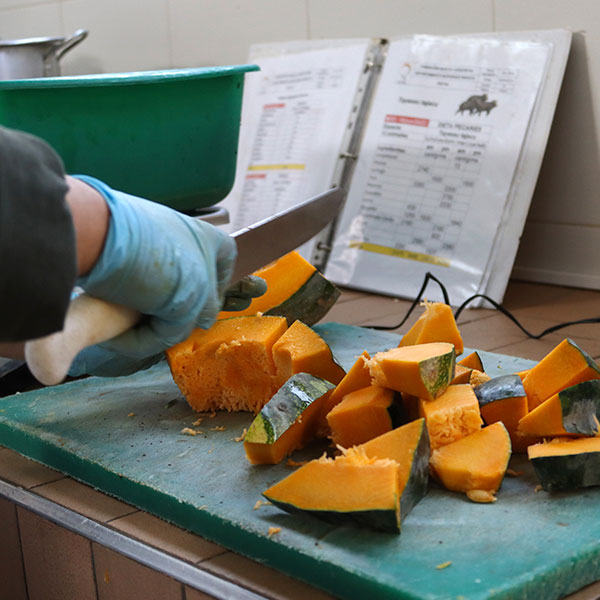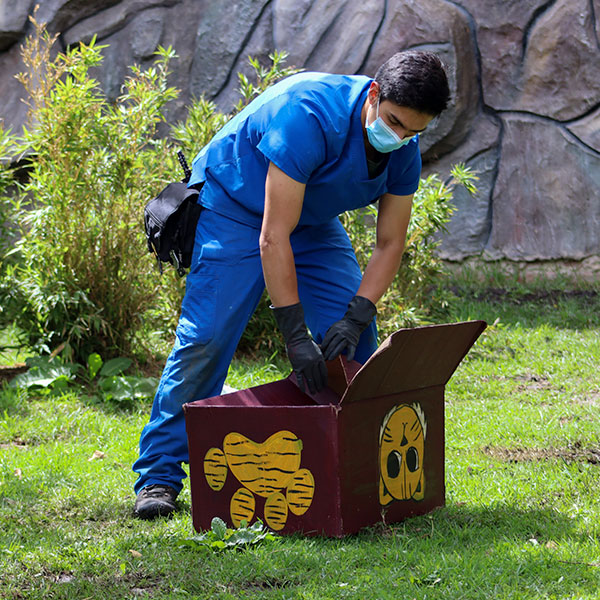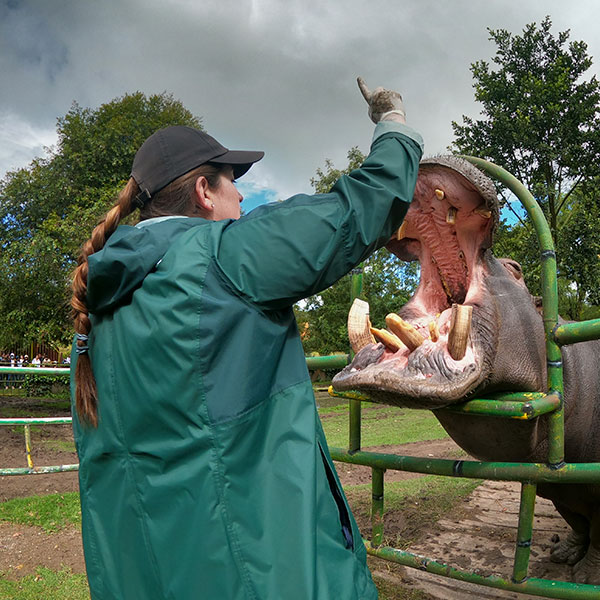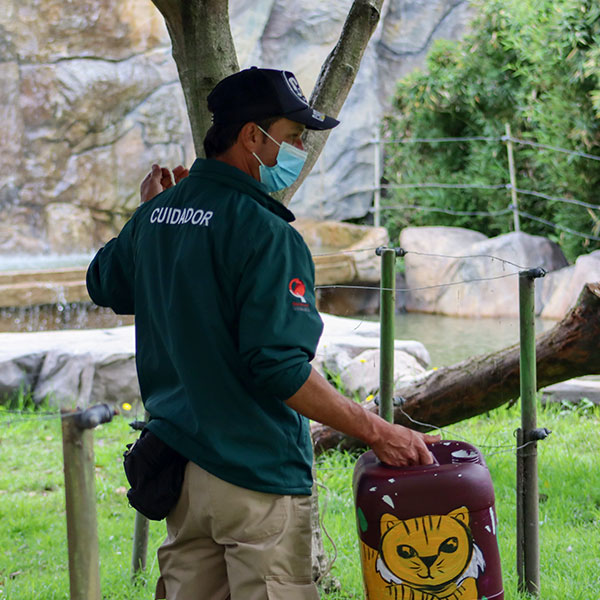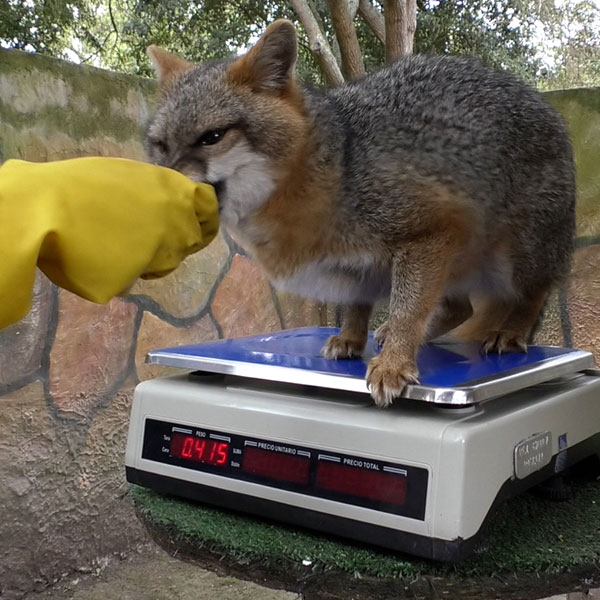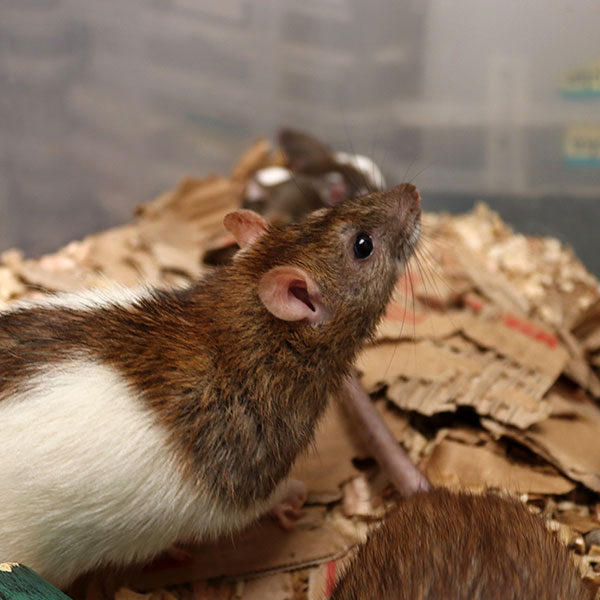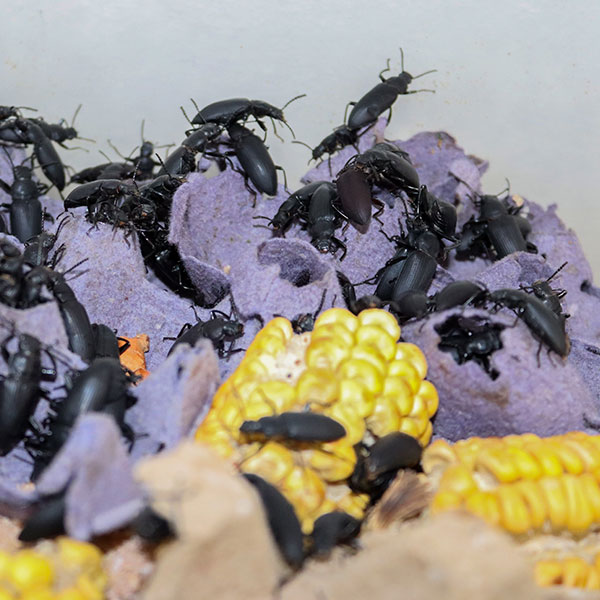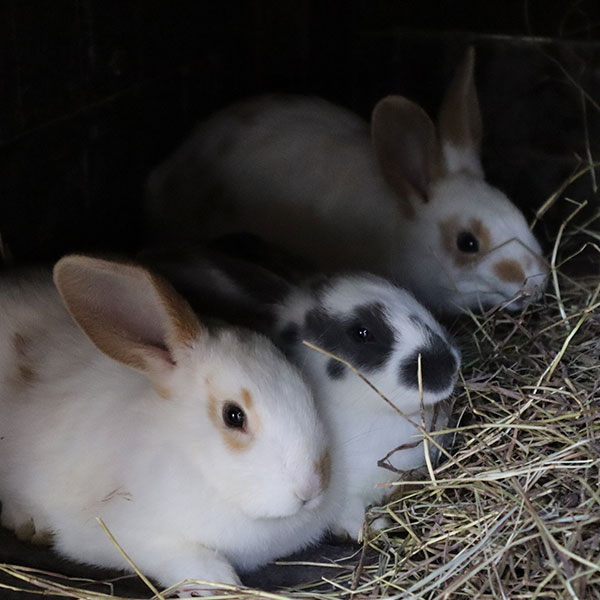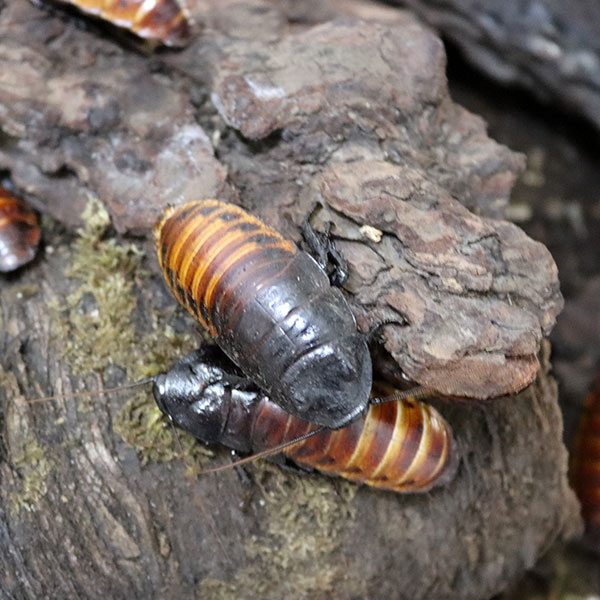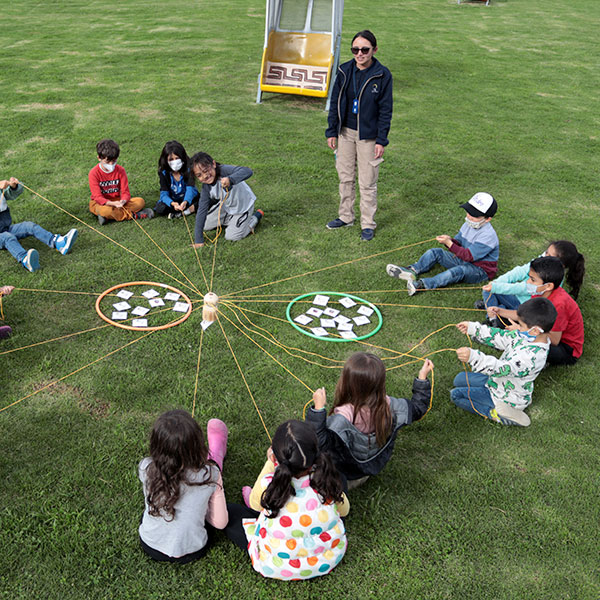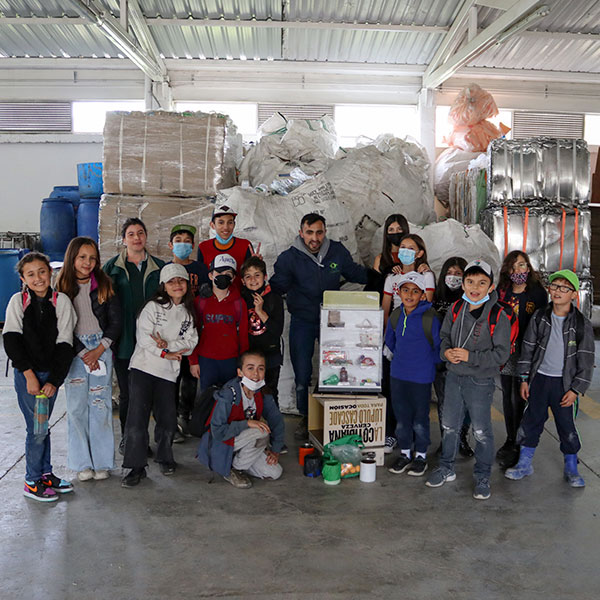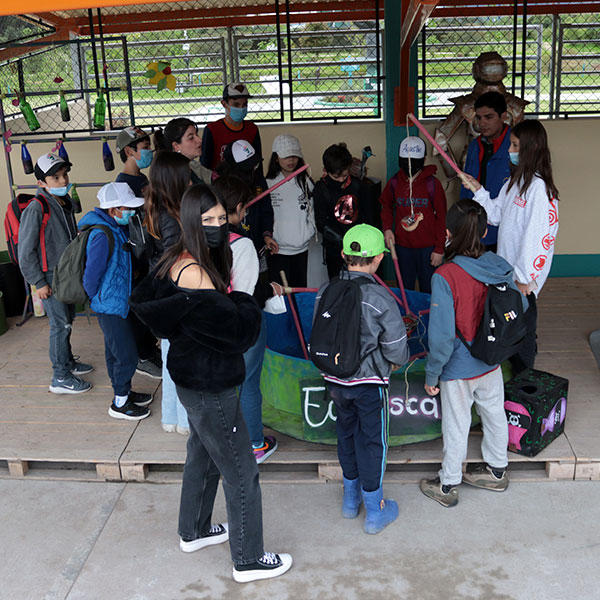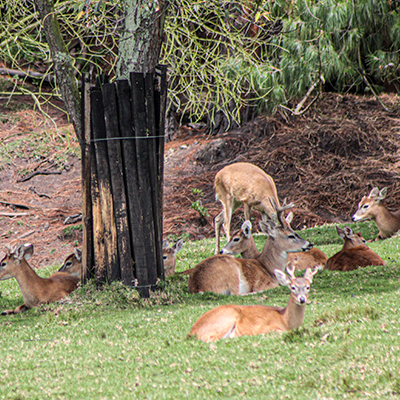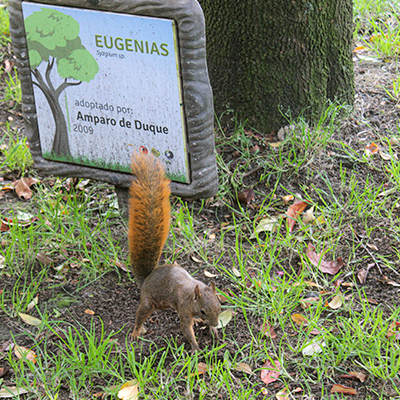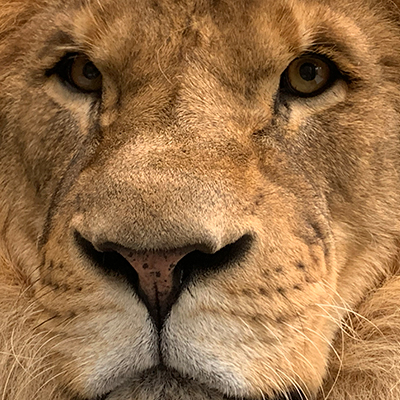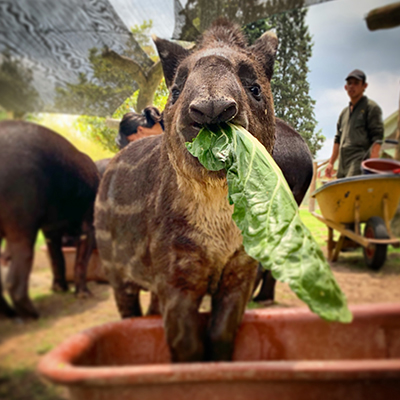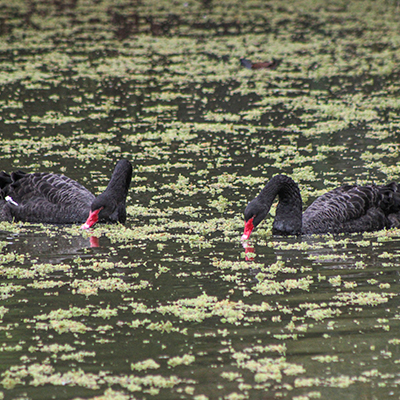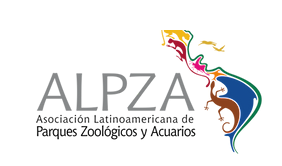Una de las maneras en que la Reserva Natural Bioparque Wakatá aporta a la conservación de las especies es a través de la generación de conocimiento.
Proyectos Académicos
En el 2021 se desarrollaron los siguientes proyectos, algunos de los cuales fueron presentados en eventos académicos:
· Diseño, implementación y evaluación de una dieta en felinos (Puma concolor) basada en cambios en la presentación y tipo de presa en el Bioparque Wakatá – Trabajo de pasantía de Yanet Lara, estudiante de zootecnia Universidad de Cundinamarca.
· Implementación de dos dietas estacionales para el oso andino (Tremarctos ornatus) incluyendo invertebrados (Zophoba morio, Tenebrio molitor y Acheta domesticus) – Trabajo de pasantía de Ángela Robayo, estudiante de zootecnia de la Universidad de Cundinamarca.
· Respuesta comportamental de pumas bajo cuidado humano (Puma concolor, Linnaeus 1771) a partir de cambios en la dieta en el Bioparque Wakatá (Tocancipá, Cundinamarca) – Trabajo de grado de Duván León, estudiante de biología de la Universidad El Bosque – Ponencia presentada en el IV Congreso Colombiano de Mastozoología.
· Efecto de los visitantes sobre los patrones comportamentales de dos parejas de Saguinus oedipus en dos momentos del día en el Bioparque Wakatá, Colombia – Trabajo de grado de María Fernanda Castañeda, estudiante de biología de la Universidad El Bosque – Ponencia presentada en el IV Congreso Colombiano de Mastozoología.
· Foot Prosthesis Design to Recover the Natural Biomechanical Position in Ramphastos tucanus Specimen. Ponencia presentada en el 2021 IEEE 3rd Global Conference on Life Sciences and Technologies (LifeTech), 2021
· Impact of geophysical variables on the activity rythms of spider monkeys (Ateles fusciceps) under human care in Colombia – Proyecto de investigación en conjunto con la Universidad Externado de Colombia. Presentado en el Congreso Anual de la Animal Behavior Society – Artículo en proceso.
Se publicaron los siguientes artículos:
· Cruz-Mendivelso, Y; Gómez-Betancurt, E; Ortega-Chamorro, D; Rodríguez, C. 2021. Recovering the habitat of the green dotted treefrog (Dendrpsophus molitor) in the Bogota Savannah. FrogLog, 28 (1): 10-11
· González-Maya, J. F; Rodríguez-Álvarez, C; Arias-Bernal, L. 2021. Registro de mamíferos medianos y grandes en la Reserva Natural de la Sociedad Civil Jaime Duque, Cundinamarca, Colombia. Revista Mexicana de Mastozoología, nueva época, 11 (1): 64-69
